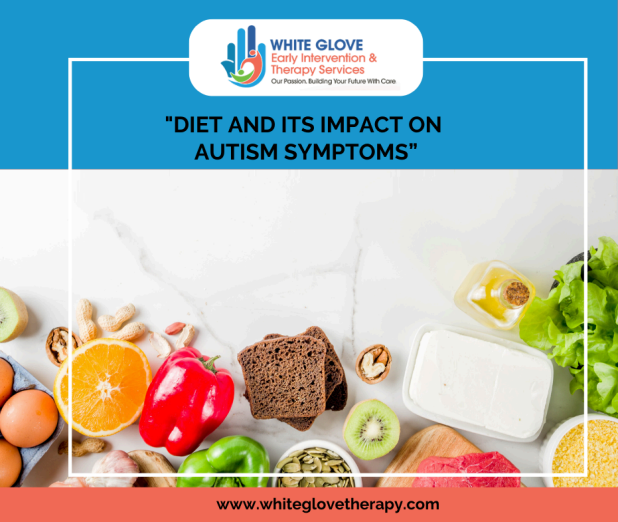Addressing Speech Delays in Toddlers: Signs and Solutions
Unlocking the Puzzle of Common Speech Delays in Toddlers: Recognizing Signs and Implementing Solutions
Speech development in toddlers is a remarkable journey, marked by the gradual acquisition of language skills that pave the way for effective communication. While it is common for children to progress at their own pace, some toddlers may experience speech delays, causing concern for parents and caregivers. Understanding the signs of common speech delays and implementing appropriate solutions can be crucial in supporting a child’s linguistic development.
Signs of Speech Delays:
Limited Vocabulary: One of the early indicators of speech delays in toddlers is a restricted vocabulary compared to peers of the same age. While it’s normal for toddlers to have variations in their vocabulary, a significant lag may be cause for concern.
Difficulty Pronouncing Words: If a toddler consistently struggles to pronounce words or experiences difficulty forming sounds, it may indicate a speech delay. Common sounds such as ‘p,’ ‘b,’ and ‘m’ typically emerge early, so delays in mastering these can be noteworthy.
Lack of Social Engagement: Speech delays can impact a child’s ability to engage in social interactions. Children may become frustrated when they are unable to express themselves verbally, leading to behavioral issues or withdrawal from social activities.
Inability to Follow Directions: Difficulty comprehending and following simple instructions may be another red flag. If a toddler constantly struggles to understand and execute basic commands, it could be indicative of underlying speech and language challenges.
Limited Babbling: Babbling is a precursor to meaningful speech. Delayed or limited babbling can suggest potential speech delays. Babbling typically begins around six months, and by 12 months, toddlers should produce a variety of sounds.
Solutions for Speech Delays:
Early Intervention: Recognizing signs of speech delays early on is crucial. Consultation with a pediatrician or a speech-language pathologist can provide valuable insights and guide appropriate intervention strategies.
Speech Therapy: Speech therapy is a highly effective method for addressing speech delays in toddlers. Speech-language pathologists are trained to work with children to improve their communication skills, providing tailored exercises and activities.
Encourage Communication: Create an environment that encourages communication. Engage in activities that involve talking, such as reading books, singing songs, and playing interactive games. This helps to stimulate language development in a natural and enjoyable way.
Use Visual Aids: Incorporating visual aids, such as flashcards and pictures, can assist in reinforcing language concepts. Visual cues provide additional support for toddlers struggling with verbal expression.
Promote Social Interaction: Encourage social interaction with peers. Group activities and playdates provide opportunities for toddlers to practice their communication skills in a supportive setting.

In conclusion, common speech delays in toddlers are a challenge that many parents and caregivers face. Recognizing the signs early on and implementing appropriate solutions can significantly impact a child’s linguistic development. Every child is unique, and while some may experience temporary delays, proactive intervention can make a substantial difference in helping toddlers unlock the world of language and communication.






